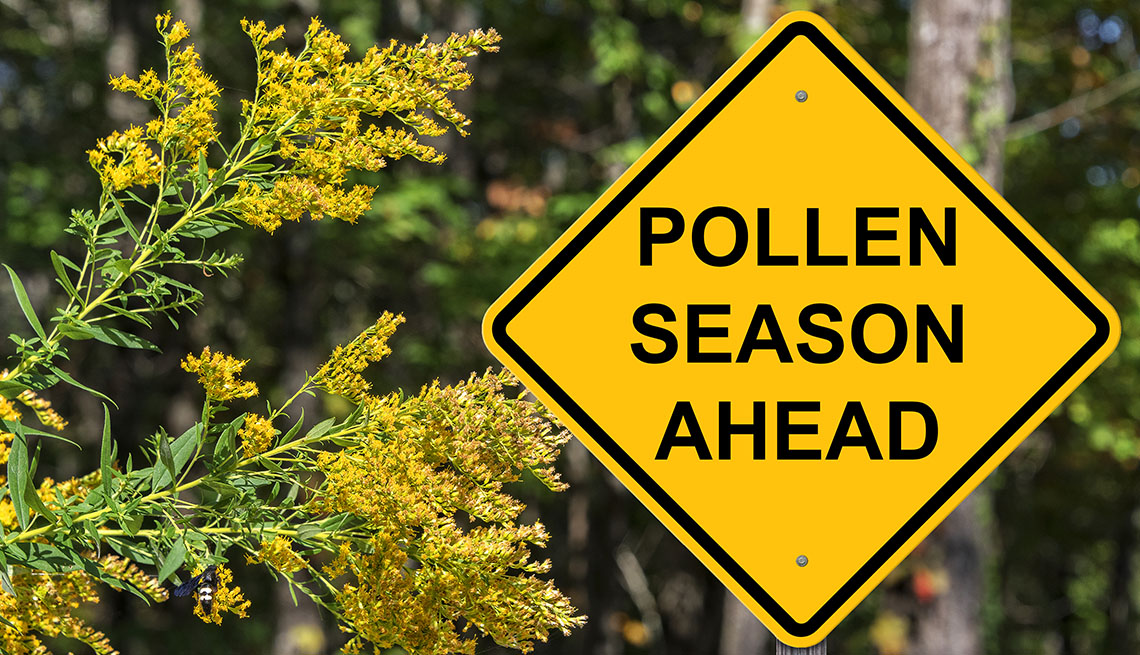- Swastik Clinic, Ahmedabad, GJ, IND
- Call: 8849867169 (For Appointment)
- Mon - Sat: 10 AM - 08 PM
- Sun: Only Emergencies
Pollen Allergy – Symptoms, Cause & Treatments

Pollen Allergy – Symptoms, Cause & Treatments
What is pollen allergy?
Pollen is one of the most common triggers of an allergy or hay fever. It is a very fine powder produced by flowers, trees, grass and weeds to fertilize other plants of the same species. Many people have adverse immune response when the breath pollen in.
You think it might be a cold, but there’s a pattern. Every year, you have the same symptoms when spring (or summer or fall) is in the air. You probably have seasonal allergies, which are sometimes called hay fever.
As a matter of fact, one in every seven people in the world suffers from a pollen allergy.
What are the different types of pollen allergy?
While there are hundreds of plants species that release pollen in the air and trigger allergic reactions, here as some of the most common culprits:
Birch pollen allergy
It is one of the most common airborne allergies during the spring. A single birch tree can produce up to 5 million pollen grains with many travelling a long distances.
Oak pollen allergy
While oak pollen is considered to be mildly allergenic compared to the pollen of other trees, it stays in the air for longer periods of time. It may cause severe allergic reactions in some.
Grass pollen allergy
It is mostly active during the summers and causes some of the most severe and difficult-to-treat symptoms.
Additionally, in India, flowers of Gulmohar and Radhachura have also been detected as major pollen allergens.
It is best to consult with an allergy specialist to get a pollen allergy testing done, so you can exercise caution while venturing out in pollen season.
Symptoms of pollen allergy
Pollen allergy symptoms are similar to other seasonal allergy symptoms. People allergic to pollen will show numerous irritating symptoms, such as:
- sneezing
- stuffy nose
- watery eyes
- nasal congestion
- sinus pressure
- cough, sneezing and wheezing
- swollen skin under the eyes
- aggravated asthmatic reactions
What can be done as preventions for pollen allergy?
As with most of the allergic reactions, the best way to prevent a pollen allergic reaction is to avoid coming into contact. Here’re few preventive measures:
- Check the pollen count before heading out
- Keep windows closed during the season
- Bath and wash your hair with shampoo after you have been outside
- Do not maintain close contact with pets
- Do not engage in gardening or landscaping activities
- Always wear a dust mask when going out
Pollen allergy treatment
Pollen is very difficult to avoid. However you can minimize the exposure. Although pollen allergy is very unlikely to go away once developed, the symptoms can be treated. An allergist can give you a skin-prick test to see what’s causing your problem. Once that is diagnosed there are a few ways to treat pollen allergies:
Nasal irrigation – It flushes out pollen out of your nasal passages with warm water and salt. If you use tap water, you must boil it and let it cool off before you use it.
Nasal spray – Nasal sprays help decongest stuffy nasal passages. Decongestants are also available as pills, liquids and drops if nasal sprays are not comfortable to you.
Allergy shots – Allergy shots gradually desensitize your body to pollen and can provide long lasting symptom relief.
Medications – If you still experience symptoms despite above options, there are several over-the-counter (OTC) medications that may help. It is best to consult your doctor regarding the best pollen allergy treatment, that fits you.
Recent Posts
Archives
- April 2022
- January 2022
- December 2021
- November 2021
- August 2021
- July 2021
- June 2021
- May 2021
- April 2021
- March 2021
- February 2021
- January 2021
- December 2020
- November 2020
- October 2020
- September 2020
- August 2020
- July 2020
- June 2020
- May 2020
- April 2020
- March 2020
- February 2020
- January 2020
- December 2019
- November 2019
- October 2019
- September 2019
- August 2019
- July 2019
Categories
Recent Posts


I Got Covid-19 & Have Asthma – What Now?
09th Jan 2022
